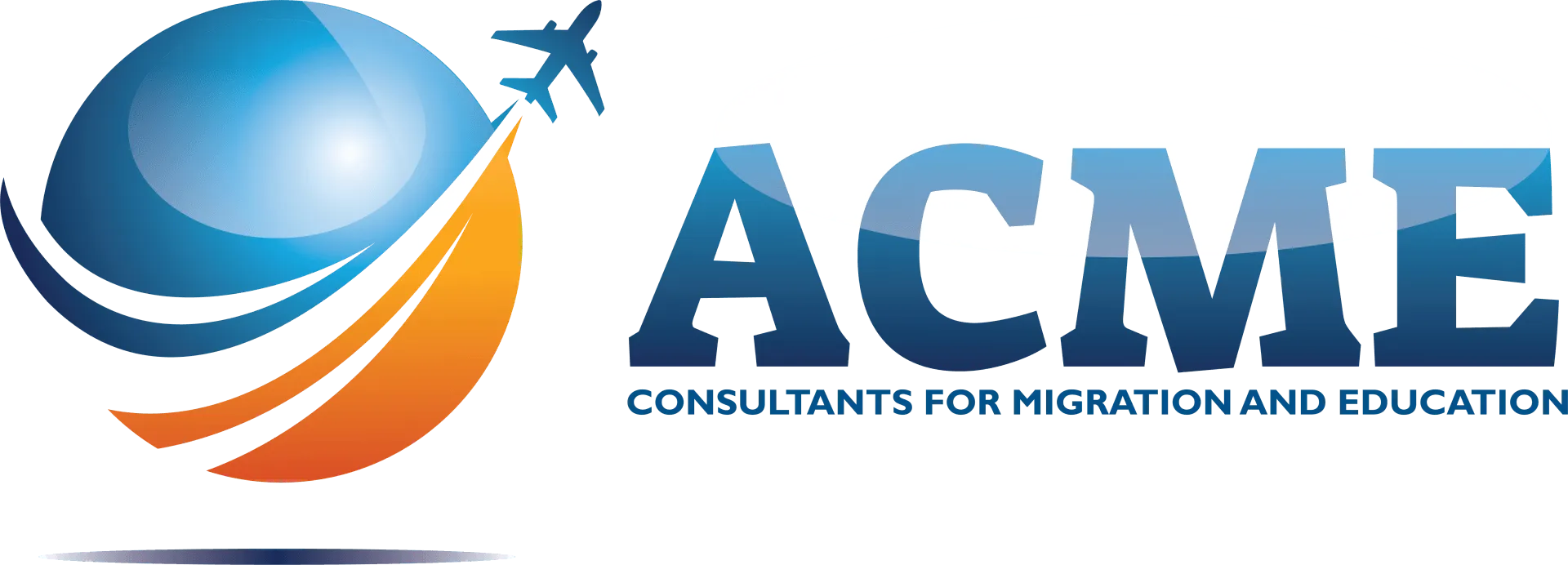Canada has proposed new rules pertaining to international students, which include longer work hours, stronger compliance reporting requirements, and the ability to suspend institutions that do not comply. Find out more about the modifications affecting institutional oversight and study permissions.

With an emphasis on enhancing oversight and compliance, the immigration authorities in Canada have put forth a number of significant regulation reforms to the program for overseas students. Among the suggested adjustments are:
Enhanced Compliance Reporting:
To make sure they follow rules and uphold program integrity, educational institutions will have to submit new reports. By taking this action, supervisory loopholes will be filled and schools will be guaranteed to meet the requirements for accepting international students.
Suspension Authority for Non-Compliance:
If an institution does not comply with the new regulations, the authorities will have the authority to halt the processing of study permits for that institution. The goal of this strategy is to make sure that only establishments that comply with the necessary requirements stay open for business.
Transfer Students’ Need to Apply for a New Study Permit:
If a student transfers to a different university, they must apply for a new study permit. By making this adjustment, it will be possible to better track and monitor students’ whereabouts and make sure that their study permits correspond with their real enrollment status.
Increased Off-Campus Work Hours:
From 20 to 24 hours per week, students will be able to work off-campus during their studies. The purpose of this modification is to provide students more freedom and chances to work while they are in school.
The proposed laws signify a noteworthy transition towards more stringent regulation and supervision in Canada’s foreign student industry. They deal with a number of important issues:
1) Reporting and Verification: Prior to this, the federal government lacked the power to order educational institutions to submit reports on compliance and attendance of students. The new rules are intended to enhance the verification procedure and increase the efficacy of document fraud detection.
2) Institutional Accountability: The regulations will guarantee that non-compliant institutions are held accountable, which helps preserve the caliber and integrity of the international student program, by granting the authority to halt the processing of study permits.
3) Student Tracking: Enforcing students to inform authorities of their institution transfers will aid in precisely monitoring student adherence and averting study permit abuse.
The proposed modifications come after a period of major policy changes and a sharp rise in the number of foreign students studying in Canada—more than a million by the end of 2023. The growth indicates a roughly two-thirds increase over the preceding five years, underscoring the necessity of strengthened regulatory measures to effectively govern this rapidly growing sector.

